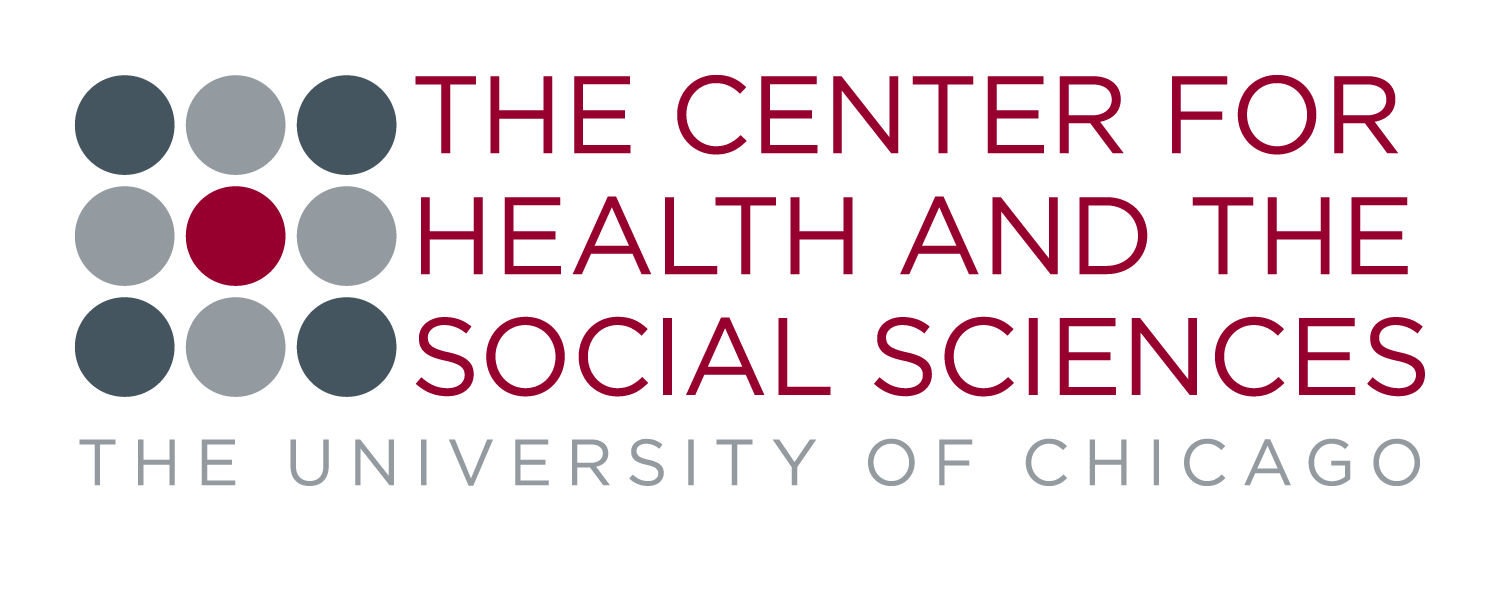Collegiate Translational Medicine Program (CTMP)
About the Program
The Collegiate Translational Medicine Program (CTMP) is a mentored, clinically oriented translational research experience for undergraduates, offering training in translational research by exposure to and immersion into specific research projects currently being conducted in the Department of Medicine. CTMP includes 3 integrated components over the course a year-long program:
- a clinical research experience through the University of Chicago Hospitalist Project (UCHP) where students learn to recruit, consent, and interview patients to collect data as a part of a team of clinical and translational researchers studying the health outcomes and quality of care of hospitalized patients;
- a didactic curriculum focused on the basic science and biomedical underpinnings of ongoing translational medicine projects relevant to hospitalized patients (examples include projects in pharmacogenomics; anemia and transfusion medicine; inflammation, the microbiome and oral health; kidney stone evaluation and treatment; frailty and aging) as well as research and professional development training and career preparation; and
- a mentored research experience with a faculty mentor through which the fellow will gain further experience in data collection methods, data analyses, and dissemination of results.
Through this experience, fellows gain exposure to clinical research by learning how to administer surveys, collect accurate data, and interact with patients from a variety of backgrounds and experiences.
The fellowship provides a $5,500 stipend for the summer research period. During the academic year, students may be eligible to receive work-study pay for their work on the Hospitalist Project. Meet our current CTMP fellows here.
Working in a multi-tiered network of peers and mentors, fellows will learn how to work as part of a team, participate in regular team and project meetings, and receive regular performance feedback, advancing through increasingly responsible tasks based on demonstrated competency in those tasks. For example, in the domain of patient engagement in research, fellows progress through supervised follow-up telephone surveys of consented patients, to recruiting and consenting patients for observational studies, to recruiting and consenting patients for complex interventional studies.
During the Summer Quarter, fellows will develop expertise in human subject research, data collection, and team science as a part of the Hospitalist Project, which is a survey research infrastructure that measures the effects of hospitalized patients’ health status, background, and social lives on their health outcomes. Fellows will spend 37.5 hours a week working on the Hospitalist Project, and their primary function will be collecting the survey data central to the Project’s infrastructure.
Partway through the Summer Quarter, fellows will be paired with a translational research faculty mentor and will begin work on their mentored research project. During the academic year, fellows’ time in CTMP will be split between the mentored research project (~4 hours/week), the Hospitalist Project (~6 hour/week), and the didactic curriculum. Mentors from the 2024-25 academic year include Peter O’Donnell, MD, Micah Prochaska, MD, MS, Justin Porter, MD, and David Meltzer, PhD, MD.
In Spring Quarter, fellows will present their mentored project at an end-of-year CMTP presentation session (scheduled for May 2026). Students who complete the full CTMP program in good standing may be eligible to continue with the program for an additional year as a Metcalf Intern and may be eligible for a letter of recommendation for medical or graduate school.
The CTMP Program manual can be found here. Please note that this manual is subject to change.
An orientation will be held in Spring 2025 for incoming fellows. Information will be provided to accepted fellows in April.
Hour-long didactic training sessions will span the academic year, introducing CTMP Fellows to clinical research practices and to specific disease and treatment topics related to their research projects. The Hospital Medicine Research Manager and project Research Coordinators introduce CTMP Fellows to the fundamentals of clinical research: working on team assignments and shift schedules, learning how to recruit patients into projects, interviewing patients and collecting patient-reported health outcomes data, and using systems databases. Other specialists will lecture on subjects ranging from informed consent to clinical research data tools. CTMP faculty mentors will provide introductory lectures on the topics driving their current research investigations.
Sample seminar topics:
- Fundamentals of Clinical and Translational Research
- Informed Consent in Research
- Introduction to Mentoring
- Patient and Family Insights
- Clinical Research Data Tools
- Motivational Patient Interviewing
- Communicating Your Research
Please Note: If you are applying to multiple BSCD Fellowship Grants, please fill out the following BSCD Preference Form – https://careeradvancement.wufoo.com/forms/bscd-research-2024/
Required skills:
- Excellent written, verbal communications and analytical skills
- Ability to work as a team member
- Ability to manage time efficiently, multi-task and prioritize
- Self-directed and able to work without supervision
- Proficient computer skills, including Microsoft Office Suite
- Must commit to 37.5 hours/week during the summer and to 10 hours/week during the 2025-2026 academic year
- Must commit to participating in the CTMP journal club series on Mondays from 4:30-6:00pm during the 2025-2026 academic year
How to Apply
- Resume or CV
- Cover Letter or Statement of Interest
- Unofficial Transcript
Please submit all materials as PDF files.
Click here to learn more about CTMP and how to apply through Handshake.
